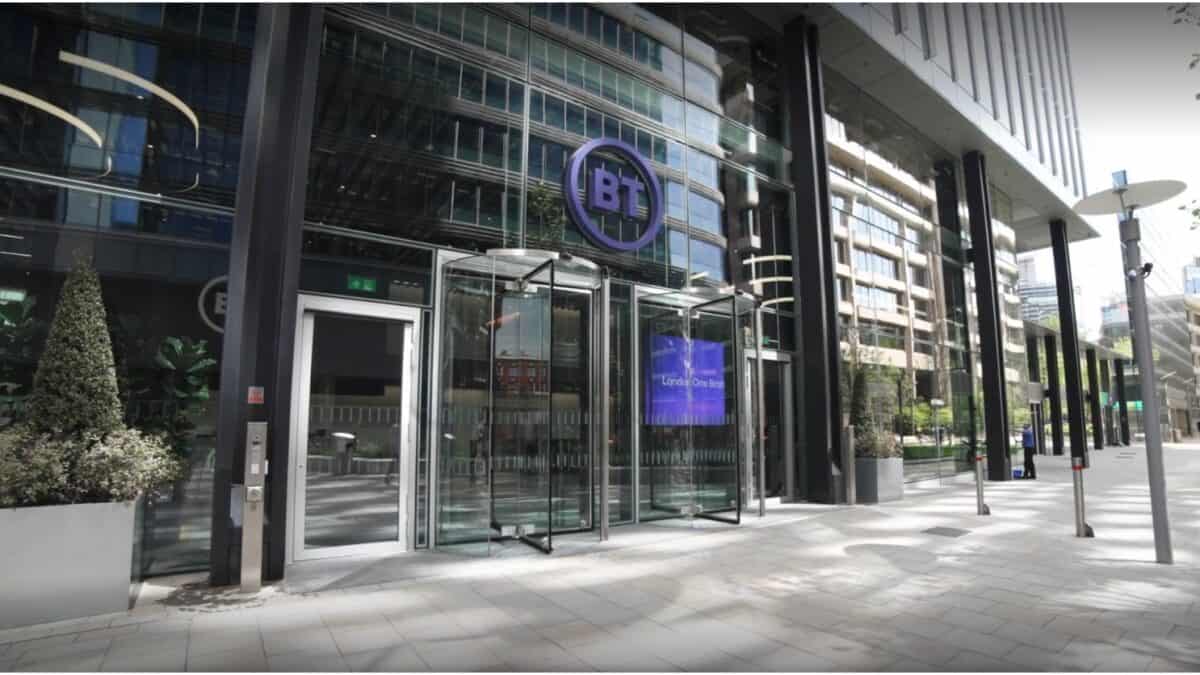2023 was a turbulent year for the BT (LSE:BT.A) share price. It started the year strongly, rising to nearly 160p towards the backend of April. However, it then experienced a steady decline from May to October before offering glimmers of hope in the closing period of last year to finish around 10% up.
The telecommunications stalwart has been on my radar for some time. As we enter a new year, I’m digging deeper into the companies on my watchlist to assess whether now is the time for me to take the leap and open a position. With that, let’s explore BT.
Cheap as chips?
Let’s start with what most attracts me to BT. That’s its cheap valuation. Its shares trade on a price-to-earnings ratio of 6.6. With 10 often quoted as a benchmark for value, this signals that the stock may be heavily undervalued. Comparing it to the average of its FTSE 100 peers (10.2) only reinforces this.
There are other factors that make the stock look like a smart buy too. One is the passive income it provides. BT yields 6.4%, which is comfortably above the average FTSE 100 average of 4%. What’s more, City analysts forecast the firm to increase its payout in 2024 and 2025. That said, it’s worth noting that dividends are never guaranteed.
Aside from this, the business has been making a few exciting moves. First, it recently announced that its joined forces with EE. As part of its new era, that means BT customers have access to a host of services provided by the leading UK mobile network.
On top of that, the firm continues to make strides with Openreach. It now provides full fibre broadband to more than a third of UK homes and businesses. BT also continues to progress with its transformation programme, which has delivered £2.5bn in savings.
A value trap?
So, what’s not to like? Well, there are a few issues.
The largest of these is its debt. As of 30 September, this stood at £19.7bn. That’s a concerning amount. To add to that, it’s grown in recent times due to increasing pension scheme contributions.
With the UK base rate at 5.25%, it means this debt will become even more costlier. Of course, its predicted interest rates will begin to come down in 2024, so there’s that to consider.
But it’s not only its debt that has me concerned. I’m also wary of rising competition. In its latest results, the firm reported it lost nearly 130,000 net broadband customers during the three months to 30 September. It lost a similar amount the quarter before that. The telecoms landscape has seen brands like Sky and Virgin Media enter the frame. With a cost-of-living crisis, there’s no doubt customers will be actively seeking cheaper deals.
A bargain?
On paper, BT shares do look like a bargain. Even so, I’m not buying the stock today.
There’s certainly some appeal. BT is a strong brand with a low valuation. I’m also a fan of the passive income opportunity. Yet issues such as rising debt and competition deter me. It’s remaining on my watchlist, for the time being at least.








